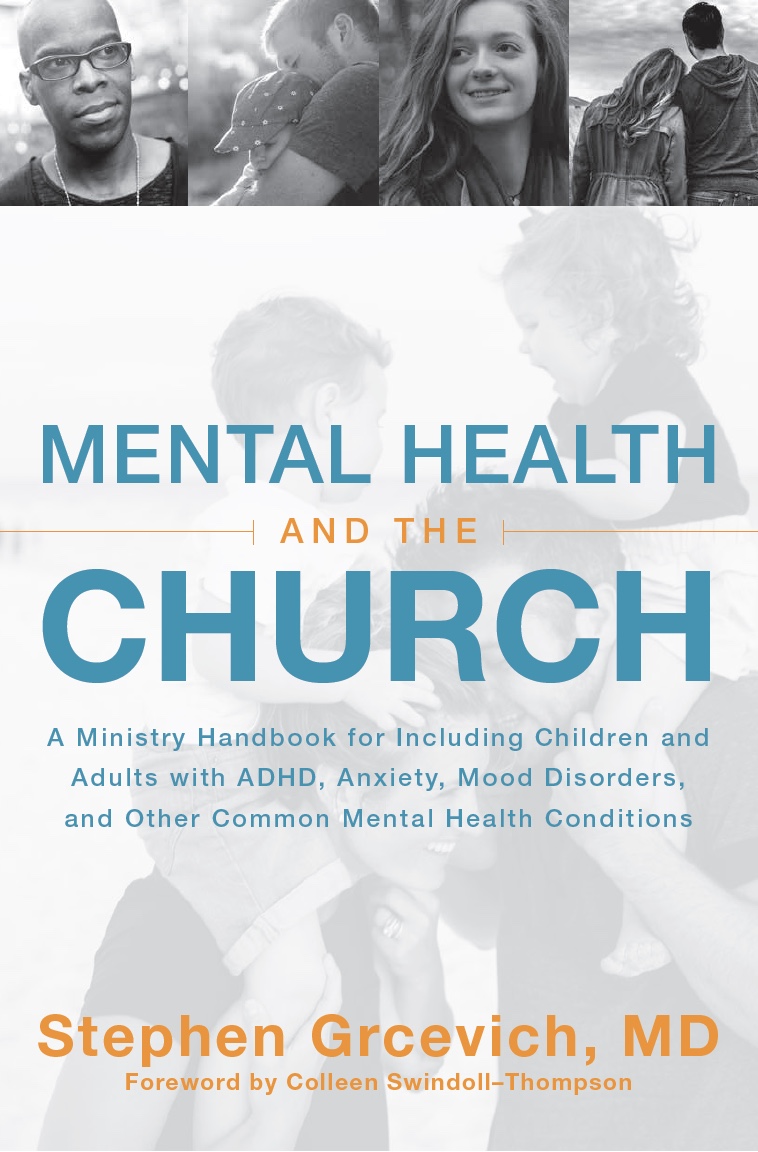 Our current blog series… Dissecting the DSM-5…What it Means for Kids and Families, continues today with an examination of the recently updated diagnostic criteria for Oppositional Defiant Disorder.
Our current blog series… Dissecting the DSM-5…What it Means for Kids and Families, continues today with an examination of the recently updated diagnostic criteria for Oppositional Defiant Disorder.
Mental health professionals working with kids and families are often asked to intervene when children chronically exhibit angry or disrespectful behavior. The causes of this behavior are often complex, but typically are grounded in two very different biologic predispositions…referred to in the DSM-5 as disinhibition/constraint and negative emotionality.
My problem with the diagnosis of Oppositional Defiant Disorder (ODD) is that establishing the diagnosis doesn’t tell you anything about what to do to treat it. Consider it a “lite” version of Disruptive Mood Dysregulation Disorder without the severe, protracted tantrums or meltdowns.
In the DSM-5, the eight diagnostic criteria for ODD were regrouped into three categories: Angry/Irritable Mood (loses temper, touchy/easily annoyed, angry/disrespectful), Argumentative/Defiant Behavior (argues with authority figures/adults, defies/refuses to comply with rules/requests from authority figures, deliberately annoys others, blames others) and Vindictiveness. Kids are required to have four or more symptoms for at least six months for an ODD diagnosis, criteria have been included to emphasize that the behavior is beyond the norm for the child’s developmental age and specifiers for severity have been included. In addition, kids with ODD may now be diagnosed with Conduct Disorder as a comorbid condition.
Some kids are disrespectful and defiant because of issues with poor executive functioning. They roughly correspond to the angry/irritable group. One way of understanding their behavior is to view them as impulsively defiant…they argue with parents and authority figures without stopping to think about the issue that upsets them or why they’re upset. It’s not unreasonable to question whether this subtype of kids diagnosed with ODD would be better described as having ADHD, with the defiant behavior representing difficulties with emotional self-regulation caused by the executive functioning deficits central to our understanding of ADHD. In fact, one of the criticisms the folks from Shire Pharmaceuticals faced when they sought FDA approval of Adderall XR for ODD was the question of whether ODD was truly a stand-alone diagnosis-since 79% of the kids in their study were diagnosed with ADHD in addition to ODD.
 Other kids are disrespectful and struggle with transitions because of their inability to let go of their mental script of how a given interaction or situation should unfold. They correspond to the argumentative/defiant group in ODD. They perseverate or get “stuck” on a picture in their mind of how things should be and escalate when adults violate their sense of control. The first subset of kids is defiant because they can’t stop and think. The second subset is defiant because they can’t tolerate the inner frustration when events unfold differently than they’ve pictured in their minds. We know kids who “ruminate” or perseverate often experience problems with anxiety and/or depression as they get older.
Other kids are disrespectful and struggle with transitions because of their inability to let go of their mental script of how a given interaction or situation should unfold. They correspond to the argumentative/defiant group in ODD. They perseverate or get “stuck” on a picture in their mind of how things should be and escalate when adults violate their sense of control. The first subset of kids is defiant because they can’t stop and think. The second subset is defiant because they can’t tolerate the inner frustration when events unfold differently than they’ve pictured in their minds. We know kids who “ruminate” or perseverate often experience problems with anxiety and/or depression as they get older.
What we do to help is contingent on our conceptualization of the cause of the defiant behavior. If they have difficulties with self-control related to ADHD, we’ll treat the ADHD. If they’re rigid, inflexible and perseverate, we might look at cognitive strategies or behavioral interventions to help. Use of the ODD label adds little to our understanding of how to best help address the behavior that led parents to seek professional help.
Updated January 24, 2016
***********************************************************************************************************
 Key Ministry has assembled resources to help churches more effectively minister to children and adults with ADHD, anxiety disorders, Asperger’s Disorder, Bipolar Disorder, depression and trauma. Please share our resources with any pastors, church staff, volunteers or families looking to learn more about the influence these conditions can exert upon spiritual development in kids, and what churches can do to help!
Key Ministry has assembled resources to help churches more effectively minister to children and adults with ADHD, anxiety disorders, Asperger’s Disorder, Bipolar Disorder, depression and trauma. Please share our resources with any pastors, church staff, volunteers or families looking to learn more about the influence these conditions can exert upon spiritual development in kids, and what churches can do to help!




Thanks, Steve! I hope some of your colleagues are reading this series as it is so reasonable and wise. I am certainly benefiting.
LikeLike
My son has PDD NOS and ODD. I don’t like the ODD label. I feel that his communication and processing problems, along with his deep need for unchanging routine less him into being argumentative and somewhat defiant, which if handled incorrectly lead to violent outbursts beyond his control to effectively manage. He has Tons of anxiety and when this gets control he tends to go fast into a flight or fight mode. Unfortunately most times flight isn’t an option. So is he willfully ODD…. truly ODD? I don’t think so, I think it is a symptom of the underlying developmental delays just like congestion is a symptom of the flu. I simply hate the label since it lets educators etc dismiss the pathology (PDD) and focus on the symptom (behavior). When this happens treatment ceases to be let’s teach him skills and becomes let’s punish the behavior so he will change…. which ironically makes it worse as it heightens anxiety.
LikeLiked by 1 person
My son was diagnosed with ODD & ADHD at 6 years old. All they could tell us was medicate him, there was no other option. We chose to change his diet (not that he ate bad but we got rid of gluten and dairy along with refined sugars), we added vitamins and we did a LOT of talking through situations with him and looking at how to handle them next time. It has been a very hard 6 years but he seems like a typical boy most of the time who occasionally struggles with self control. He is a completely different boy. It was not an easy “fix” but all the work is worth it. I think these Dr’s and some parents are afraid of the work and the slow progress but if the progress sticks it is worth it verses a med that if you go without it a few days the problem can be worse than when it started for lack of learning self control. A wise woman once told me that what I do is “Ultimate Parenting” because I had to be on my best game at all times. It is not a sport, but it feels like a workout some days.
LikeLiked by 1 person
I love this post. I have been uncomfortable with ODD as a lone diagnosis. So many times when I’ve seen it, there are other circumstances that need consideration or that have been missed somewhere along the way. I have seen a number of children rediagnosed with something else eventually that better explains what is happening with this child.
LikeLike
Hi Ruth,
Thanks for your comments. I rarely see it as a stand-alone diagnosis.
LikeLike